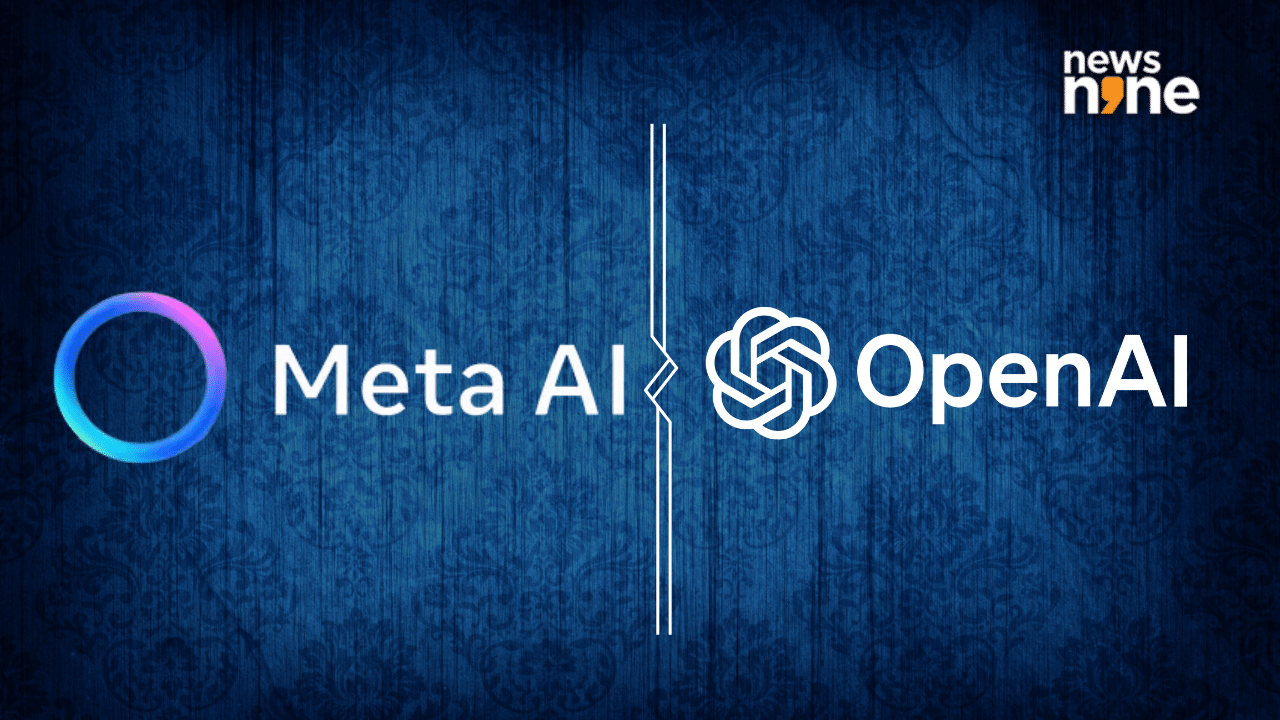New Delhi: The race to build artificial general intelligence isn’t just about algorithms anymore. It’s turning into a tug-of-war over people. Meta is now on a hiring spree, pulling more researchers from OpenAI’s core AI team. After bringing on several names from OpenAI’s Zurich office earlier this week, Meta has hired four more high-profile researchers, deepening tensions between the two AI giants.
The Information reports that Shengjia Zhao, Jiahui Yu, Shuchao Bi and Hongyu Ren have all agreed to join Meta’s growing AI efforts. The move follows Meta CEO Mark Zuckerberg’s bold ambition to build a “superintelligence” team that can rival OpenAI, Google DeepMind and Anthropic. The scale of Meta’s hiring drive, and the money being offered, has raised eyebrows across the AI world.
Meta’s AI push gets more aggressive
Meta’s latest hires are not ordinary engineers. These are key technical leads and researchers behind some of OpenAI’s recent progress.
Hongyu Ren, for example, was the post-training lead for OpenAI’s o3 and o4 mini models. According to insiders, he also worked on the open-source model expected to drop later this summer. Shengjia Zhao, who joined OpenAI in 2022, contributed to the development of GPT-4. Meanwhile, Jiahui Yu had previously worked with Google DeepMind before jumping to OpenAI, and Shuchao Bi managed OpenAI’s multimodal team.
Meta is not hiding its interest in these profiles. Sam Altman, CEO of OpenAI, had earlier said on his brother’s podcast that Meta has been making “giant offers,” even throwing in signing bonuses of up to $100 million. “None of our best people have decided to take them up on that,” Altman claimed, but the recent exits suggest some cracks may be forming.
OpenAI responds with a mix of concern and resolve
Internally, OpenAI isn’t brushing this off. Mark Chen, who leads key research at OpenAI, sent a memo on Slack warning staff of Meta’s recruitment pressure. “Over the past month, Meta has been aggressively building out their new AI effort, and has repeatedly (and mostly unsuccessfully) tried to recruit some of our strongest talent with comp-focused packages,” he wrote.
Chen added that the team is not taking this lightly. “We’ve been more proactive than ever before, we’re recalibrating comp, and we’re scoping out creative ways to recognise and reward top talent,” he told employees. OpenAI is also reportedly offering its staff some breathing room by shutting down operations for a week so that employees can recharge.
That break, however, might also be a risk. Another OpenAI leader warned in Chen’s memo that Meta could use this time “to try and pressure you to make decisions fast and in isolation.”
The human cost of the AI arms race
While it’s easy to focus on billion-dollar valuations and benchmark scores, the AI war is also a grind on the people behind the code. Wired reports that some OpenAI researchers have been working 80-hour weeks. As flashy demos and new models arrive every few months, the pressure is not letting up.
The question now is not just who builds the most powerful model, but who can keep their team together long enough to do it.
